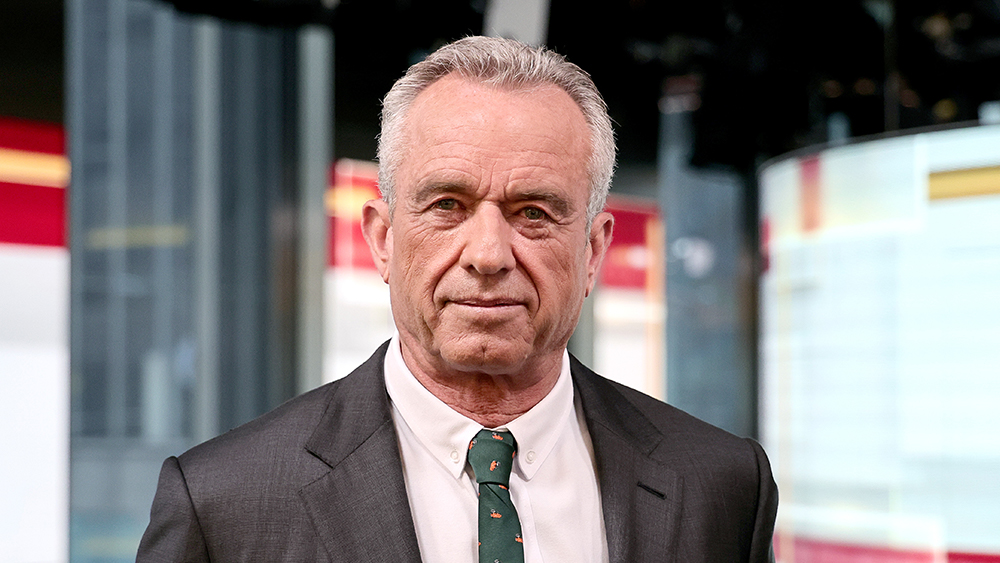by Laura Harris, Natural News:
 The name of independent presidential candidate Robert F. Kennedy Jr. will still appear on ballots in Michigan in November, even after withdrawing his presidential bid and endorsing Republican presidential nominee and former president Donald Trump.
The name of independent presidential candidate Robert F. Kennedy Jr. will still appear on ballots in Michigan in November, even after withdrawing his presidential bid and endorsing Republican presidential nominee and former president Donald Trump.
In a press conference in Phoenix on Aug. 23, Kennedy suspended his presidential bid and admitted to the public that he no longer saw a path toward victory. Kennedy explained that internal polling showed his candidacy could harm Trump’s chances while inadvertently helping Harris, though recent public polls do not clearly support this claim. Regardless, after several discussions with Trump, he decided to withdraw and support the former president, instead. (Related: RFK Jr. suspends campaign with singular focus: Ending childhood illness epidemic.)
TRUTH LIVES on at https://sgtreport.tv/
In line with this, he also sought to remove his name from the ballots in 10 key battleground states.
“In about 10 battleground states, where my presence would be a spoiler, I’m going to remove my name. And I’ve already started that process and urge voters not to vote for me,” Kennedy said.
However, the office of Michigan Secretary of State Jocelyn Benson, a Democrat, claimed that Kennedy would still be listed as the nominee of the Natural Law Party after the party selected him as its nominee at its state convention back in April.
“Minor party candidates cannot withdraw, so his name will remain on the ballot,” said Cheri Hardmon, a spokeswoman for Benson, in an email on Aug 23. “Michigan Election Law requires presidential electors be selected at the fall state convention. The fall state convention must be held no later than the date of the primary. The Natural Law Party held their convention to select electors for Robert Kennedy Jr. They cannot meet at this point to select new electors since it’s past the primary.”
RFK Jr. faces similar problems in other key battleground states
Similar situations are unfolding in other states where election officials have also indicated it is too late for Kennedy to have his name removed from the ballot.
In North Carolina, the State Board of Elections claimed that Kennedy’s withdrawal came just as ballot printing had begun across the state. As of Aug. 29, approximately 1.73 million ballots were already printed in over 60 counties, including those for military personnel overseas and individuals with vision impairments.
Karen Brinson, the executive director of the State Board of Elections, clarified that removing Kennedy’s name would involve reprinting and redistributing the ballots, which would take at least 13 days and incur extra costs. Considering the tight timeframe and the expenses involved, the board concluded that making the changes was not feasible. This, in turn, resulted in the rejection of Kennedy’s withdrawal.
Similarly, in Wisconsin, the Elections Commission voted to deny Kennedy’s request to be removed from the ballot. The decision was based on Wisconsin law, which states that candidates who have filed nomination papers and qualified for the ballot cannot subsequently withdraw.




